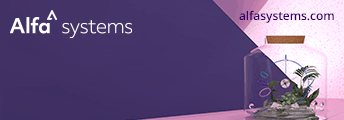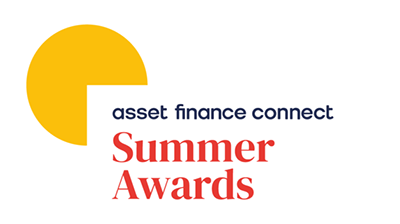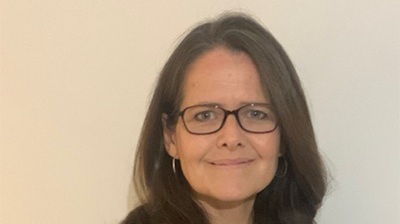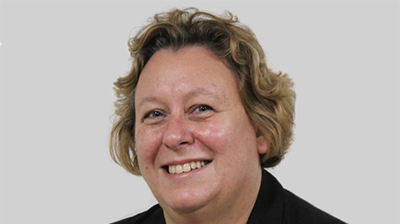
For all of the talk about digitalisation, servitisation, collaboration, subscription finance, circular economy, sharing assets, green leasing and other trends, how ready are European lessors to change their businesses in preparation for a new era of leasing? Proving the business case for change and then successfully delivering it was a key topic as this year’s Leaseurope Convention in Budapest, Hungary. Industry expert Julian Rose provides his thoughts on the key themes from the conference.
Speakers and delegates may have been positive about the future, but across the two days some hard facts emerged that help to explain why delivering change is now so important:
- Leasing industry growth is slowing across Europe as well as in other global regions including the USA. Speakers expected single digit growth or falling volume in some sectors or regions, with lower interest rates also constraining profitability.
- Delegates agreed in polls taken at the event that traditional finance companies are underinvesting in digitalisation, while dealing with new regulations is using much of the industry’s capacity for change.
- Most leasing companies continue to operate a model that has changed little in decades, offering a full ‘end-to-end’ service across the value chain. This model has advantages, including providing flexibility to offer terms to support bank or manufacturer parent company customers, but it’s a model that is increasingly unusual within financial services. It is open to disruption from fintechs and other specialist new entrants, particularly in smaller ticket leasing.
- Many senior managers are increasingly stressed and exhausted. Diaries are packed with back-to-back meetings, and out-of-hours ‘downtime’ may be constantly interrupted by being online, suggested keynote speaker Christopher Tamdjidi, director of the Kalapa Academy. Quite apart from the effect on mental and physical health, this can lead to executives paying too much attention to what’s gone wrong, rather than building on what goes well.
Many of the sessions at this year’s Leaseurope Convention addressed how European lessors can deliver successful change. Among the views:
- Keynote speaker Ieva Martinkenaite of Telenor Research made the first of several references at the convention to agile development. She suggested companies should build their Artificial Intelligence (AI) expertise in areas such as credit decisions and fraud checks using an iterative process of model building and experimentation. Agile methodologies often aren’t a natural fit with the culture of finance companies, she acknowledged, with their need for clearly defined procedures and change controls. The solution? Be clear what specific problem you want to solve. Build a model to prove that AI can address it in a secure, fair and transparent way. Get it into use. Avoid underuse of AI, as well as misuse or overuse.
- In a session on the leasing value chain, chaired by Patrick Beselaere, global head of ING Lease, speakers suggested that the industry will see more companies specialise in key areas. Companies will decide if they wish to be mostly online, low-cost and high-volume providers, or more specialist providers where the business relationship will remain face to face. Business leaders will need to reconfigure company culture and governance for their chosen market positions, not just systems and processes. There will be more cooperation between companies and closer integration of service providers. Businesses making investments to reconfigure their value chains need to be prepared for some mistakes on the way, but once this is achieved the longer-term opportunities for the industry are ‘fantastic’.
- In a session on ‘Making Online Platforms Work’, chaired by Cécile Andre Leruste, banking lead for Europe at Accenture, there was common ground that platforms should be about customer retention, and not only dealing with one-off customer transactions. For lessors, a key choice is whether to build their own platform, or access other people’s platforms. The challenges for incumbents in building their own can be significant - the equivalent of ‘rebuilding the car while driving down the highway’ but platforms present a great opportunity to improve the SME leasing customer journey and improve efficiency. Lessors building their own platforms should invest in IT specialists and data scientists, moving more towards a fintech model.
- In a closing session on ‘Making Leasing Technology Fit for the Future’, chaired by Jan Cuypers, EMEAR partner operations lead at Cisco Capital, it was suggested companies should research customer ‘pains and gains’ in leasing processes to help overcome resistance to change, then design new solutions from scratch based on this information. For well-established lessors, this could be done through a parallel business or division, delivering improved customer experience and recurring value with propositions such as pay-per-use, but still utilising firms’ legacy (‘reliable old Mercedes’) lease management systems. They should aim to generate an idea, implement it fast in an agile way, monetise and repeat, it was suggested. Meanwhile specialist providers could emerge to offer data services such as telematics to multiple lessors, achieving superior economies of scale and levels of expertise.
- Keynote speaker Christopher Tamdjidi noted that in operations (he referred to motor racing as an example) problems get fixed quickly. If the gears need fixing on a vehicle, engineers will not just replace the oil. High performance, including adapting organisations to be able to change in more agile ways, requires a similar approach in dealing with people, aiming to counter the trend in the knowledge economy for people to become increasingly stressed and exhausted. He provided a range of ideas, including focusing on successes and next steps rather than mistakes, and a ‘leave devices at the door’ policy for meetings.
At the opening plenary session, outgoing Leaseurope chair Morten Guldhaug, executive vice-president, DNB, welcomed delegates to the convention and thanked the Hungarian Leasing Association for hosting the event.
He noted that parts of the new European Commission’s work programme are highly relevant to the leasing industry, including sustainability, digital economy, circular economy and SME strategy.
Guldhaug's efforts to steer Leaseurope in a good direction were recognised by incoming chair Patrick Beselaere, who then introduced the traditional opening session on the State of the Market, chaired by Peter-Jan Bentein, secretary general of the Dutch Leasing Association, NVL.
Other sessions included how to make sustainable leasing models work, chaired by Charlotte Dennery, chief executive officer of BNP Paribas Leasing Solutions, and the Future of European mobility, chaired by Gerry Keaney, chief executive of the British Vehicle Rental and Leasing Association.
Promising future leadership talent was also highlighted during the Leaseurope Future Group presentations, chaired by Chris Boobyer, senior partner of Invigors.
One speaker in the State of the Market session suggested there has been ‘much talking and less doing’ when it comes to industry initiatives such as ‘leasing-as-a-service’.
Another noted that companies that have made investments in new initiatives such as digitalisation are finding they are not paying off immediately.
Yet the Budapest convention was clear that change is necessary, that obstacles to successful delivery of it can be overcome, and that the opportunities are great for the European leasing industry once it is achieved.
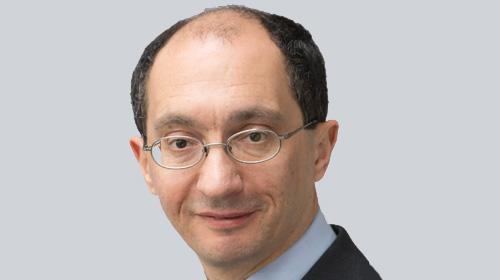
* Julian Rose (pictured) is director of industry consultancy Asset Finance Policy. His publications include Apex Insight reports on Used Car Finance, Retail Point of Sale Finance, and other sectors. He is joint author with Stephen Bassett of the A to Z of Leasing and Asset Finance, published in February in a revised and expanded second edition. He is also the author of the annual Asset Finance 50 (AF50), published in association with Asset Finance International.

